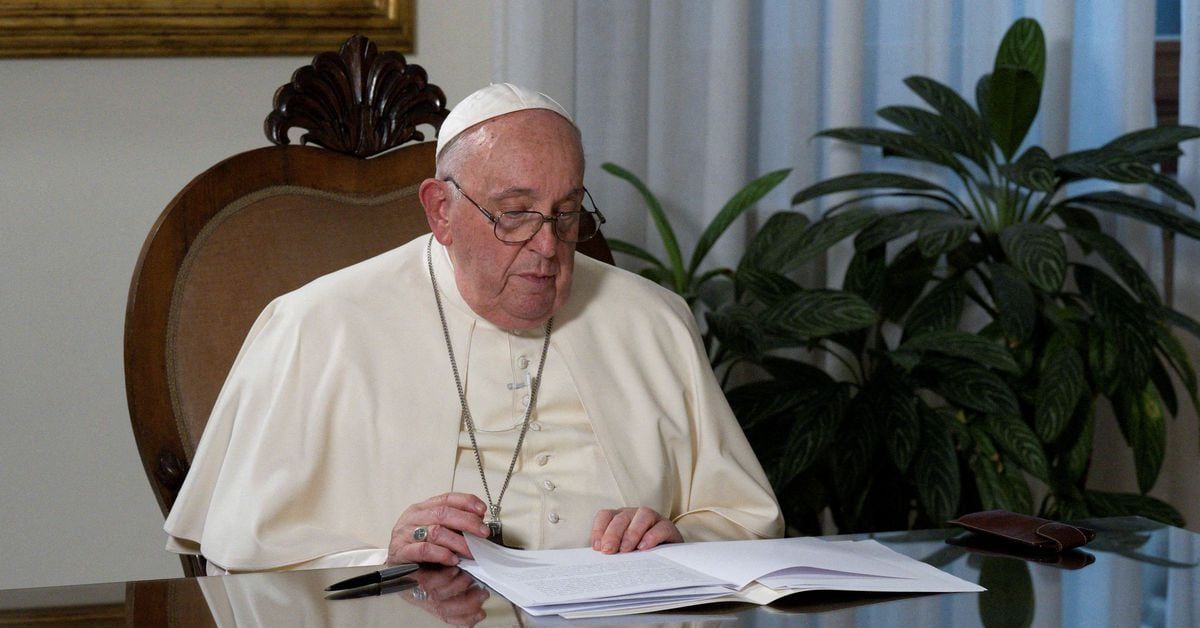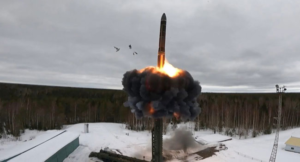
Pope Francis said on Sunday that it was essential for all world religions to unite in opposing the “rapacious” devastation of the environment.
The 86-year-old pope had planned to preside at the opening of the Faith Pavilion at the C0P28 climate conference in Dubai but a lung inflammation forced him to remain in the Vatican.
Secretary of State Cardinal Pietro Parolin read the pope’s message in his place, as he did with Francis’ main address to the conference on Saturday.
“Religions, as voices of conscience for humanity, remind us that we are finite creatures, possessed of a need for the infinite,” the pope said, noting that a Faith Pavilion was a first at a COP conference.
“For we are indeed mortal, we have our limits, and protecting life also entails opposing the rapacious illusion of omnipotence that is devastating our planet,” he said.
Religions, he said, “need, urgently, to act for the sake of the environment”, educate their members to “sober and fraternal lifestyles” instead of wasteful ones and work for a return to the individual contemplation of nature’s grandeur.
“This is an essential obligation for religions, which are called to teach contemplation, since creation is not only an ecosystem to preserve, but also a gift to embrace,” Francis said.
“A world poor in contemplation will be a world polluted in soul, a world that will continue to discard people and produce waste,” he said.
In his main address to the conference on Saturday, Francis repeated his call for the elimination of fossil fuels.
Hundreds of Catholic institutions around the globe have announced plans to divest from them.
But a Reuters investigation found that in the United States, the world’s top oil and gas producer and where about a quarter of the population is Catholic, not a single diocese has announced it has let go of its fossil fuel assets.
In his address to faith leaders, Francis also said peace and stewardship of the planet were interdependent.
“Before our very eyes, we can see how wars and conflicts are harming the environment and dividing nations, hindering a common commitment to addressing shared problems like the protection of the planet,” he said




